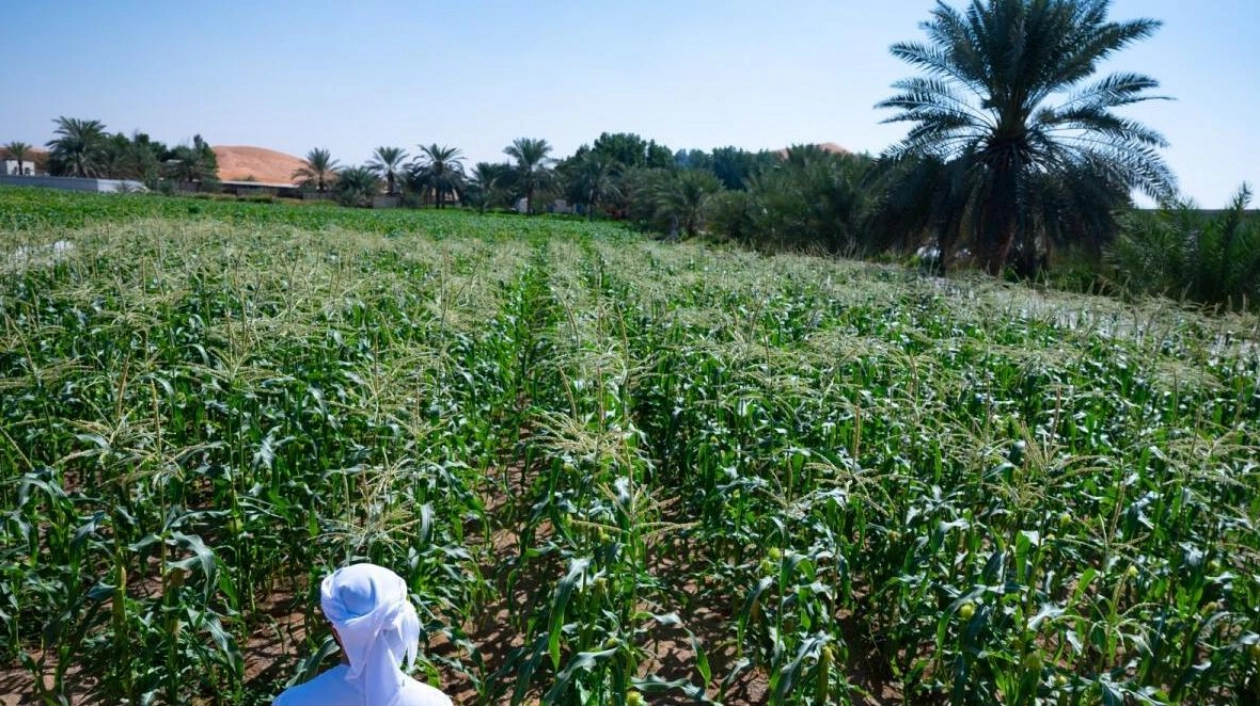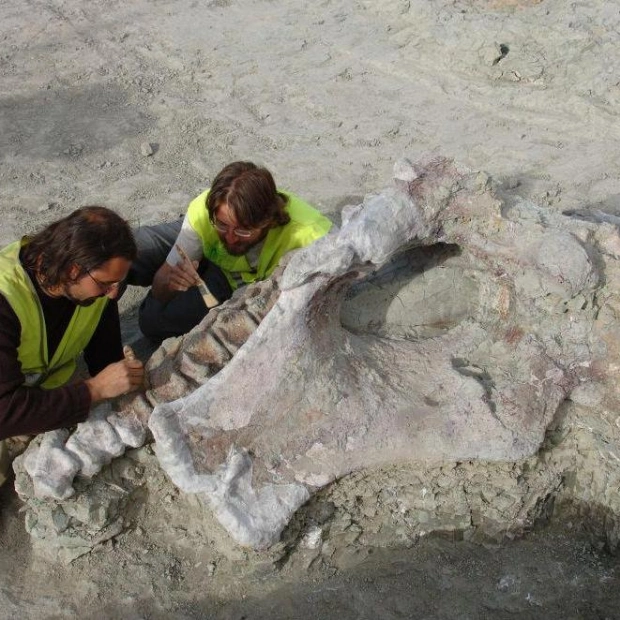KT Photo: Shihab
Transforming a barren plot of land into a flourishing oasis of crops and fish within just over two decades may seem improbable. Yet, this UAE citizen overcame challenges—such as highly saline water—to cultivate a verdant sanctuary in the desert. Over the years, this Al Ain farm has yielded more than 150 tonnes of crops and employed innovative techniques to produce over 200,000 tilapia fish. This is one of many local farms in the UAE that are open to the public, aiming to inspire other farmers to adopt innovative practices.
High salinity was a significant issue when Abdul Rahman Al Shamsi acquired the farm land from the government in 1996. Initially unable to manage it due to work abroad, his brother oversaw the farming. Reflecting on the support from the Late Sheikh Zayed, he told Khaleej Times, "Despite the challenges we faced, selling our produce helped offset our losses."
Since taking over the farm in 2003, Abdul Rahman has addressed multiple challenges, including the high salinity of groundwater. He installed desalination devices and implemented an aquaculture system to ensure safe and nutritious water. He also dealt with sand encroachment by planting trees as a barrier. "There are many problems, but that doesn’t mean we shouldn’t seek solutions," he said.
During the initial phase of fish farming, Abdul Rahman faced a setback when a generator malfunctioned, leading to the loss of nearly 34,000 fish. Undeterred, he resolved the issue by dividing the tanks and setting up a backup system. These fish ponds are made from reinforced plastic, promoting beneficial bacteria that convert ammonia into nitrogen, benefiting both fish and plants.
The farm also features a sustainable aquaculture system, where fish pond water is used to irrigate fields, producing a variety of crops without greenhouses. This unique approach has attracted people from the UAE and worldwide, encouraging them to adopt these practices.
Al Shamsi's farm exemplifies self-sufficiency; fish waste fertilizes crops while pond water irrigates fields, tripling yields and reducing water usage by 90%. The farm also houses rare animals, including 'Lamborghini chickens,' an Indonesian breed known for its striking black features and high price—$2,500 per bird. Other poultry and livestock, such as Boer sheep and Najdi sheep, are also featured.
During a recent visit, Dr Amna bint Abdullah Al Dahak, Minister of Climate Change and Environment, praised the farm's integrated agricultural system. "We have seen a very innovative model combining aquaculture, poultry, livestock, and open-field farming," she noted, emphasizing its potential for replication across the UAE as part of the 'Plant the Emirates' initiative.
The visit also underscored the importance of the National Agriculture Centre, details of which will be revealed early next year. This centre will focus on identifying and replicating innovative agricultural models nationwide.
Source link: https://www.khaleejtimes.com






